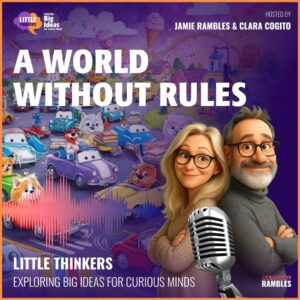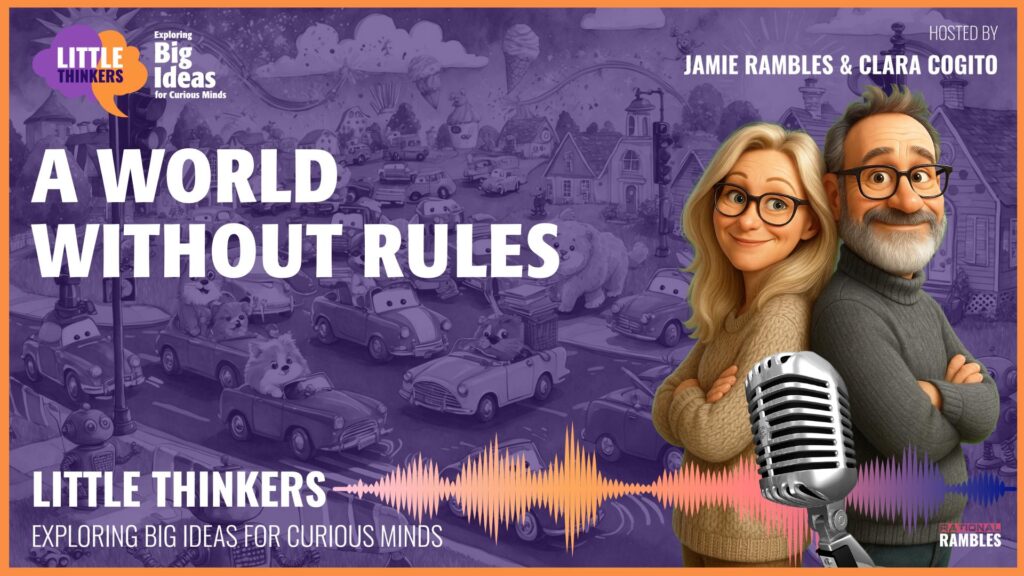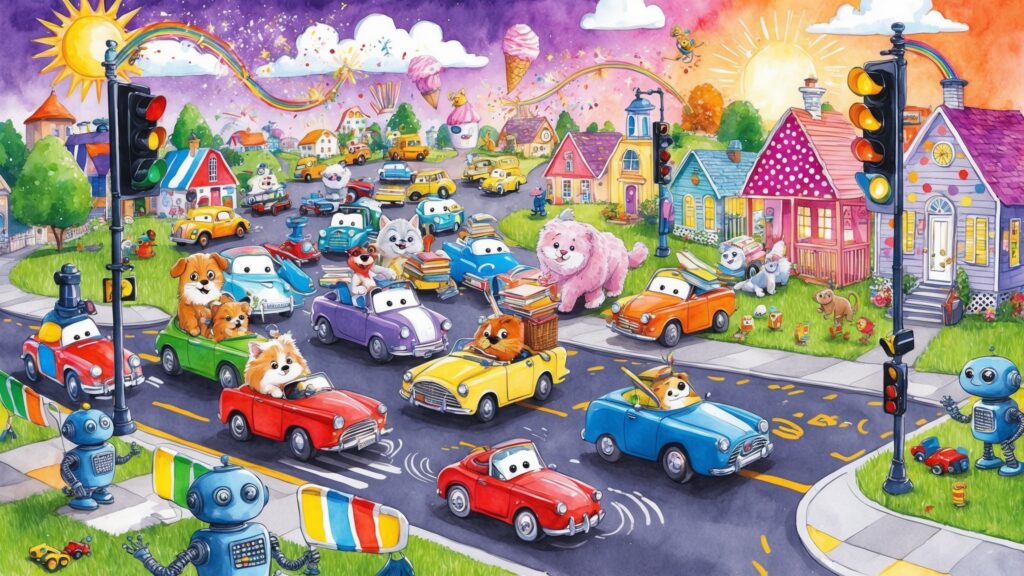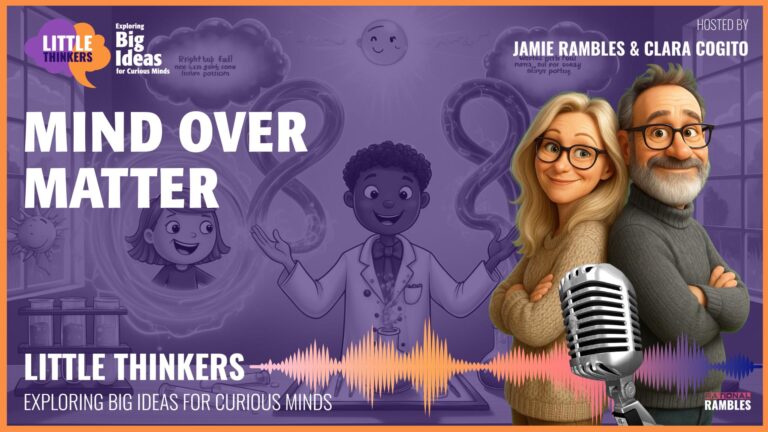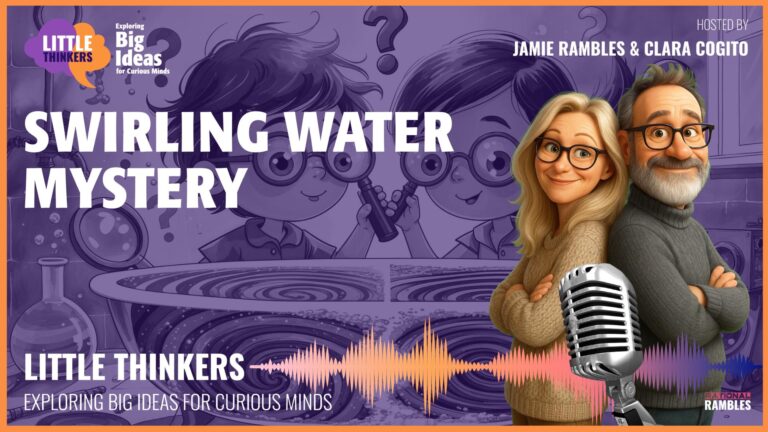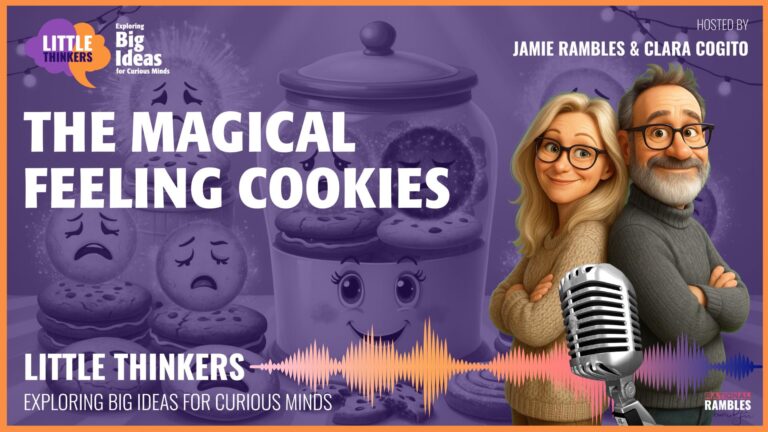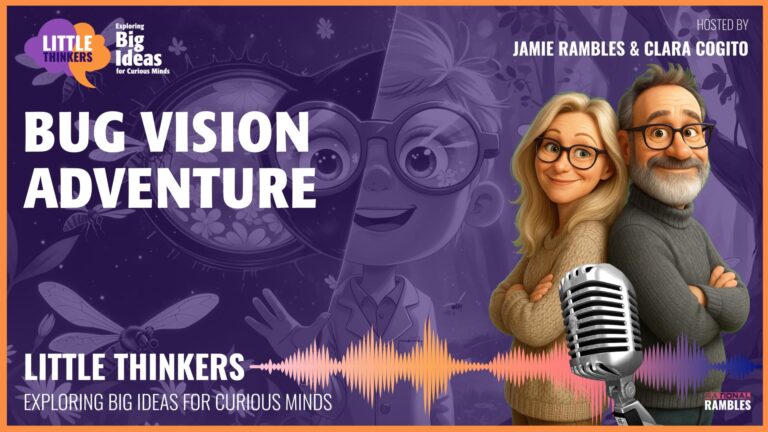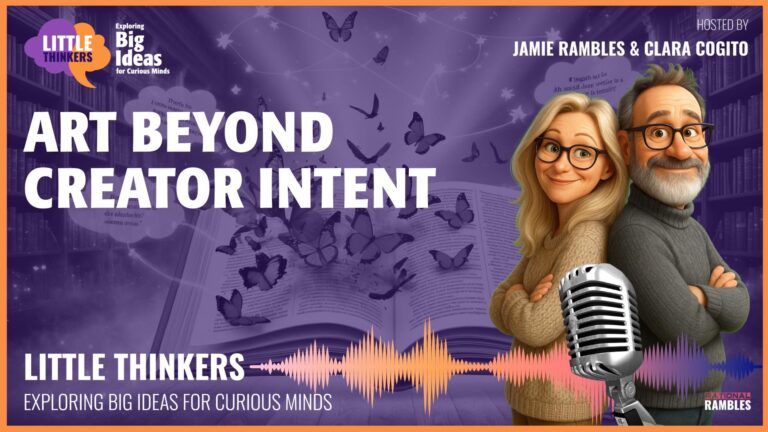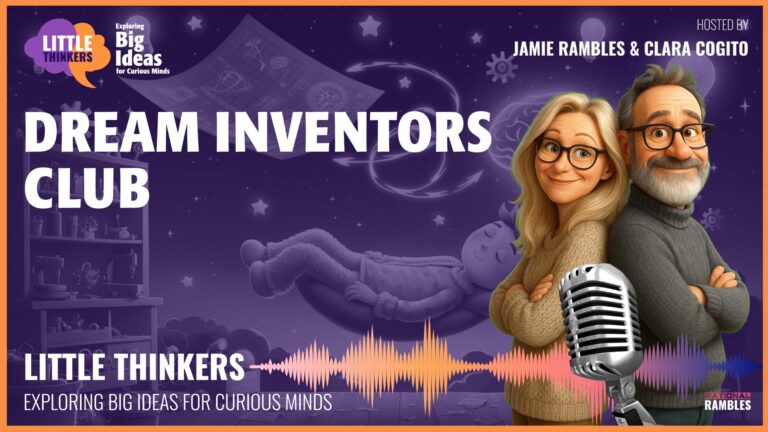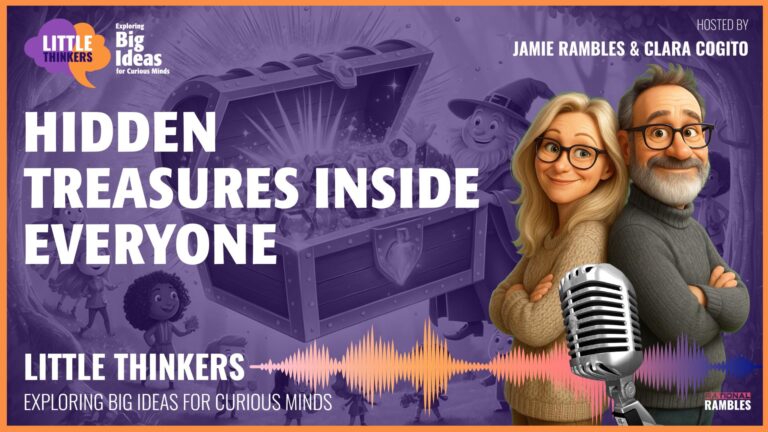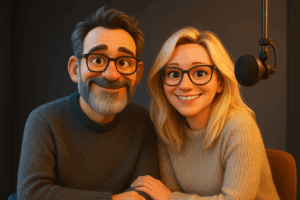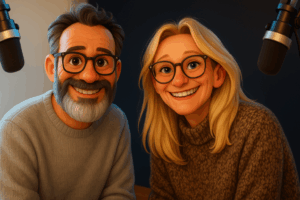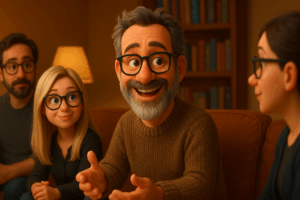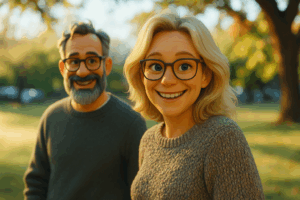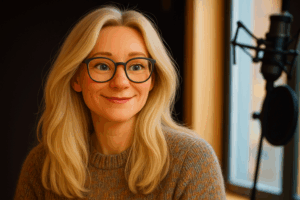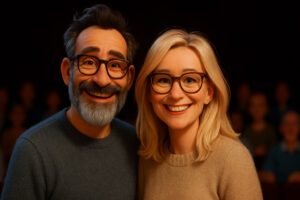The Amazing World Without Rules: What Would Really Happen?
Imagine Waking Up to No Rules!
Close your eyes for a second. Imagine going to bed tonight and when you wake up tomorrow morning… POOF! All the rules in the world have completely disappeared! No more “brush your teeth before bed,” no more “look both ways before crossing the street,” no more “no running in the hallways.” Just think about it—you could eat ice cream for breakfast, lunch, AND dinner if you wanted to!
Would that be super awesome or maybe a little bit scary? Let’s go on an adventure to find out what a world without rules might really be like!
School Without Rules? Wow!
Picture your school with NO rules at all. What do you think would happen?
Kids might build giant pillow forts instead of sitting at desks. Some might sing at the top of their lungs during math time. Others might bring their pet frogs, hamsters, or even snakes to class! At first, this sounds like the most fun ever, right?
But wait… would it stay fun?
What if you’re trying to read your favorite book, but three kids are banging drums right next to you? Or what if you’re working hard on your art project, and someone accidentally spills juice all over it because they were running around? Suddenly, the no-rules school might not seem so awesome after all!
Streets Without Rules—Eek!
Now let’s think about what would happen outside. If there were no traffic rules, cars could drive anywhere they wanted—on sidewalks, through parks, or even backwards! Buses might zoom through playgrounds, and bicycles might ride on highways.
Would that be fun or scary? Imagine you’re playing hopscotch, and suddenly—ZOOM—a car comes driving right toward you on the sidewalk! That doesn’t sound very safe, does it?
Traffic Rules: Our Invisible Protectors
Traffic rules are like invisible helpers that keep us safe. The red light means “stop” so cars don’t crash into each other. Crosswalks tell us the safest place to cross the street. These rules aren’t trying to make life boring—they’re trying to keep us from getting hurt!
Would People Make New Rules?
Here’s something interesting to think about: If all rules disappeared, do you think people would start making NEW rules pretty quickly?
Imagine you’re playing with your friends and someone keeps grabbing all the toys. You might say, “Hey, let’s make a rule that we take turns!” That’s how rules begin—they help make things fair for everyone.
Rules are like invisible agreements that help us get along. They’re problem-solvers!
The Great Ice Cream Experiment
Let’s do a thought experiment. What if EVERYONE decided to eat nothing but ice cream all day long? What would happen?
First, there would be so many tummy aches! Second, all the ice cream in the world might disappear because everyone ate it all up! Then there’d be no more ice cream for anyone. That would be so sad!
Sometimes rules like “don’t eat only ice cream all day” actually protect us from ourselves!
Our Bodies Have Their Own Rules
Did you know that even without grown-ups making rules, our bodies have their own kind of rules?
If there were no bedtime rules, do you think kids would stay up ALL night long? They might try! But eventually, your body would get so, so tired that your eyes would just close by themselves. It’s like your body has its own bedtime rule!
Our bodies tell us when we’re hungry, when we’re full, when we need rest, and when we have too much energy. These are natural rules that help keep us healthy.
Nature’s Unbreakable Rules
Some rules are made by people, but other rules are just part of how the world works—like gravity! That’s a rule that says things fall down instead of up.
Imagine if THAT rule disappeared! We’d all be floating around like astronauts! Your toys would drift up to the ceiling, and you’d have to swim through the air to catch them! Your glass of milk might float right out of your hands during breakfast! SPLAT! Milk everywhere!
These natural rules of the universe can’t be changed, no matter how much we might want to sometimes.
Rules Actually Make Games MORE Fun!
Did you know that some rules actually make life MORE fun, not less fun?
Think about the rules of your favorite game. Imagine trying to play hide-and-seek if there were no rules about who hides and who seeks! Everyone would just be wandering around confused! “Am I supposed to be hiding now? Or am I looking for someone?”
Games need rules to be fun. The rules are like instructions that help us know how to play together. Without them, games would be confusing instead of exciting!
Try This: Make Up a Game With No Rules
Here’s a fun experiment: Try to make up a game with absolutely NO rules. Then try to play it with a friend. What happens? Is it fun? Is it confusing? Do you start making rules without realizing it?
Do Animals Have Rules Too?
Have you ever watched ants in a garden? They march in lines and work together to carry food. Birds fly in beautiful V shapes following flying rules. Bees have complicated rules about who does what job in the hive.
Even your pet dog or cat learns rules like “don’t jump on the table” or “use the litter box.” Many animals live by rules that help them survive and get along with each other.
This shows us that rules aren’t just something grown-ups invented to be bossy—they’re a natural part of living together with others!
Would People Be Kinder or Meaner Without Rules?
Here’s a really big question to think about: Without rules saying “be nice” or “share your toys,” would people be kinder or meaner to each other?
Some people might be meaner at first. But then they might notice something important—when they’re mean, other people are mean back. And that’s no fun for anyone!
So people might figure out that being kind works better, and they’d make a NEW rule about being kind! It’s like they’d have to learn all over again why we have rules in the first place.
The First Rules People Would Make Again
What do you think would be the very first rule people would make if all rules disappeared?
Maybe it would be the “no cutting in line” rule! Because nobody likes it when someone cuts in front of them for the slide or the ice cream truck!
Or perhaps “don’t take other people’s stuff without asking.” Because it feels really bad when someone grabs your favorite toy without permission!
These basic rules about fairness and respect seem to be important to people all around the world.
One Day Without Rules: Fun or Chaos?
Maybe having NO rules for just one day would be a fun adventure! We could wear our pajamas to the grocery store or build a pillow mountain in the living room!
But by the end of the day, we might actually start to miss some of our rules. Rules are kind of like invisible hugs that keep us all safe and happy together.
Different Kinds of Rules
Not all rules are the same. Some rules are strict and the same for everyone—like “don’t push people.” But others might be more like guidelines that change depending on the person or situation.
For example, how many cookies should you eat in one day? Maybe instead of a strict rule like “only two cookies per day,” we could have a guideline that says “listen to your tummy.” If your tummy is saying “I feel sick from too many cookies,” that’s your body making its own rule!
What Have We Discovered?
After thinking about a world without rules, we’ve discovered something important—rules aren’t always there to stop the fun. Sometimes they’re there to make sure EVERYONE can have fun, safely and fairly!
Rules are like the recipe for a happy world where everyone gets along. They help us share space, take turns, stay safe, and treat each other kindly.
Your Turn to Think
Now it’s your turn to think about rules! Here are some fun questions to consider:
- What would be the most important rule to bring back if all rules disappeared?
- Can you think of a silly rule that we don’t really need?
- If you could make one new rule that everyone in the world had to follow, what would it be?
Talk about these questions with your friends or family. You might be surprised by their answers!
Rules: The Secret Ingredient for a Happy World
So while a world without rules might sound super exciting at first, we’ve discovered that rules are actually pretty helpful things! They’re not just boring instructions from grown-ups—they’re tools that help us all live together happily and safely.
Next time you feel annoyed about following a rule, try asking yourself: “What would happen if this rule didn’t exist?” You might find out that the rule is actually making your life better, even if it doesn’t always feel that way!
Remember: Rules are like the invisible playground fence that keeps the fun inside and the danger outside. Without them, the game of life would be much more confusing!
